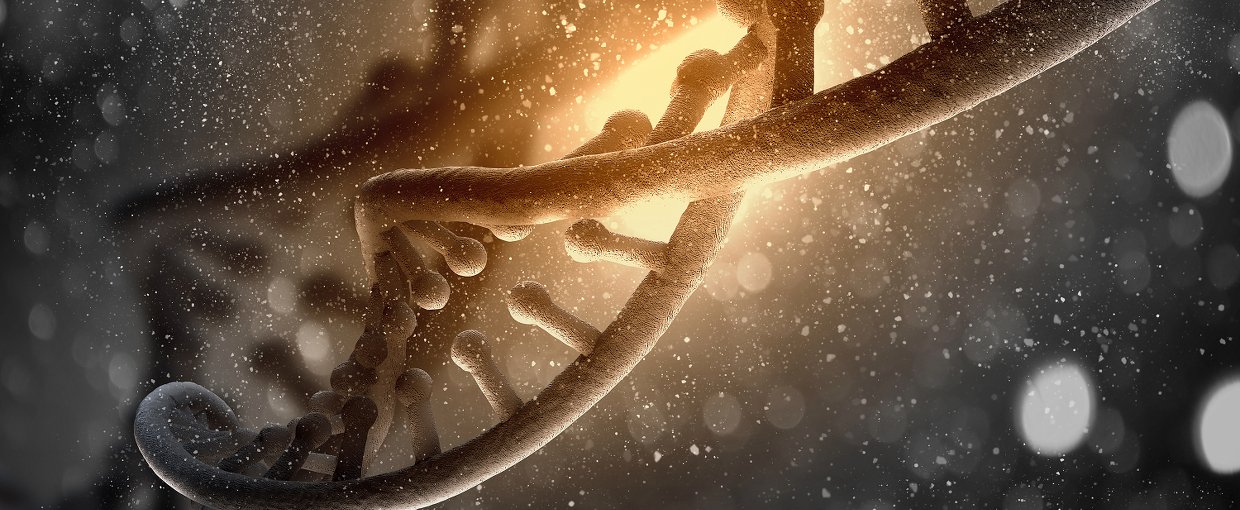
Nucleosides are an important structural component of molecules like DNA and RNA, and their emergence on Earth is a critical step in our understanding of life’s origins. A new study shows how a possible ancestral nucleobase of RNA (2,4,6-triaminopyrimidine (TAP)) can be glycosylated in water without the presence of ribose. The study indicates that ribose many not have been required for prebiotic nucleoside formation, so long as ancient RNA (or proto-RNA) utilized TAP (or molecules with similar reactivity).
The paper, “Glycosylation of a model proto-RNA nucleobase with non-ribose sugars: Implications for the prebiotic synthesis of nucleosides,” was published in the journal Organic & Biomolecular Chemistry. The work was performed at the NSF/NASA Center for Chemical Evolution (CCE) at the Georgia Institute of Technology in Atlanta, Georgia. The CCE is a collaborative program supported by the National Science Foundation (NSF) and the NASA Astrobiology Program. Additional support came from the Exobiology & Evolutionary Biology Program element of the NASA Astrobiology Program.
